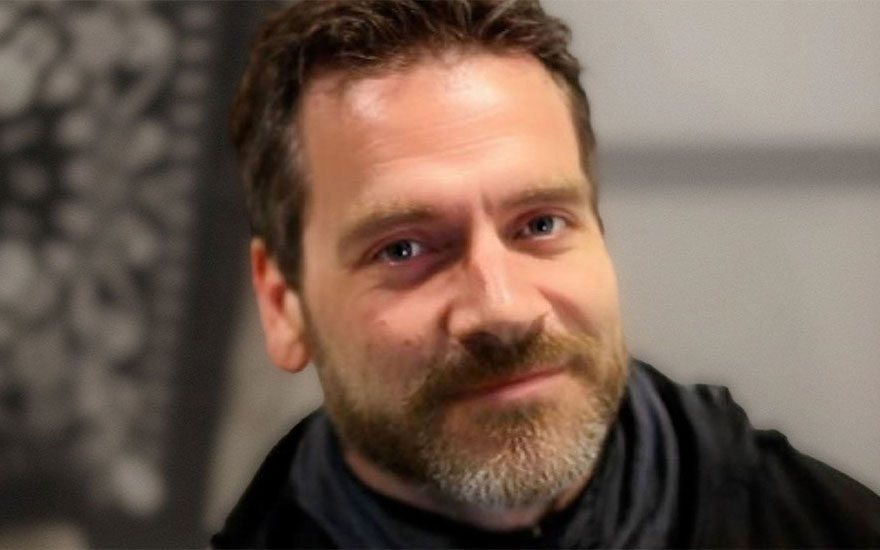It's an attitude, not an age. Unpacking the gen myths
Believe some sectors of the media, and you'd think that today's generations stare uncomprehendingly at one another across unbridgeable cultural divides. X doesn't understand Z, Z doesn't understand Y, and Boomers don't see why they should try to understand anyone at all. It's all nonsense, of course. As stereotypes usually are, generational differences have been with us for as long as parents have had children. And we've found ways of getting along just fine for just as long.
But that doesn't mean building successful cross-generational teams isn't a challenge. Longer lifespans mean there are now a record five generations in the workforce, six cohabiting on this planet, and four competing for jobs in the media and entertainment industry.
So, in a CineSparks webinar, Rossy E. Eguigure (X), executive at Rx Media Productions, Beatriz Rodriguez (Z), associate producter at Company 3 and Committee Member of the Hollywood Professional Association, and Payton List (Millennial) Director of Production and Post, at Fox, put their generational badges aside, promised not to snicker at each other’s cultural refences, and discussed “Building Teams Through Cross-Generational Collaboration.”
Watch the video
Different communication styles
"Longer lifespans mean there are now a record five generations in the workforce, six cohabiting this planet, and four competing for jobs in the media and entertainment industry."
Payton, Rossy, and Beatriz agreed that one of the most frustrating barriers to inter-generational co-operation is communication style. They say that older generations may indeed favor face-to-face meetings and phone calls over the messaging apps and collaborative platforms that younger generations naturally turn to. Beatrix admits that she's "Personally experienced instances where my viewpoints and my contributions were not fully acknowledged," adding that this made it "crucial for all generations to share spaces and work together — younger voices overlooked are missed opportunities for innovation."
Yet none of them felt communication needed to be a fundamental problem, and that it's just not true that each generation speaks its own language and only to itself. It was more a matter of each generation choosing to use tools that made it feel comfortable and in control, and that, with experience, all those communication problems would disappear.
Mentoring matters
What everyone agreed on was that once you got the generations together and talking, many of the perceived problems turned out not to be problems at all. And the best way to achieve that dialogue was through mentoring and mentoring programs.
The big mistake was to see mentoring as a one-way process where an older generation passes its hard-won wisdom down with unquestioned authority, as Payton List explains. "I think mentorship goes both ways. So even if you're a mentor, you can learn a lot from your mentee. When I've mentored people in the past, I feel like I might have gotten more out of it than they did, because you learn so much from each other. I find that so valuable."
And Rossy says that on a formal level, as a member of the Hollywood Professional Association's Women in Post Committee, she sees the same thing. “I've been mentoring some of the youngest, brightest minds in Hollywood, and as Payton said, it's mutual learning and I love that."
What's really telling about this cross-generational discussion between professional equals is not their differences, it's that they already agree on so much. The solutions they offer for building cross-generational collaboration are broadly similar; they agree on the future potential of AI and the role it should play in the creative industries, and they all think a healthy work-life balance is important.
There's more common ground than culture clash on show here, and the dividing lines are really not that divisive. Millennial Payton says she's phone-averse and is amused by boomers' need to call, while Gen X Rossy says she's a hugger and loves meeting in person. So far, so stereotypical.
But then Gen Z Beatriz admits she absolutely loves to phone — something she agrees is atypical of her generation — but why shouldn't she? When "It's so much easier to call somebody and say everything I want to."
But isn't that the point? Be a little flexible, give a little space, learn a little, and put the pigeonholes away, and we soon discover we're not that different after all.



